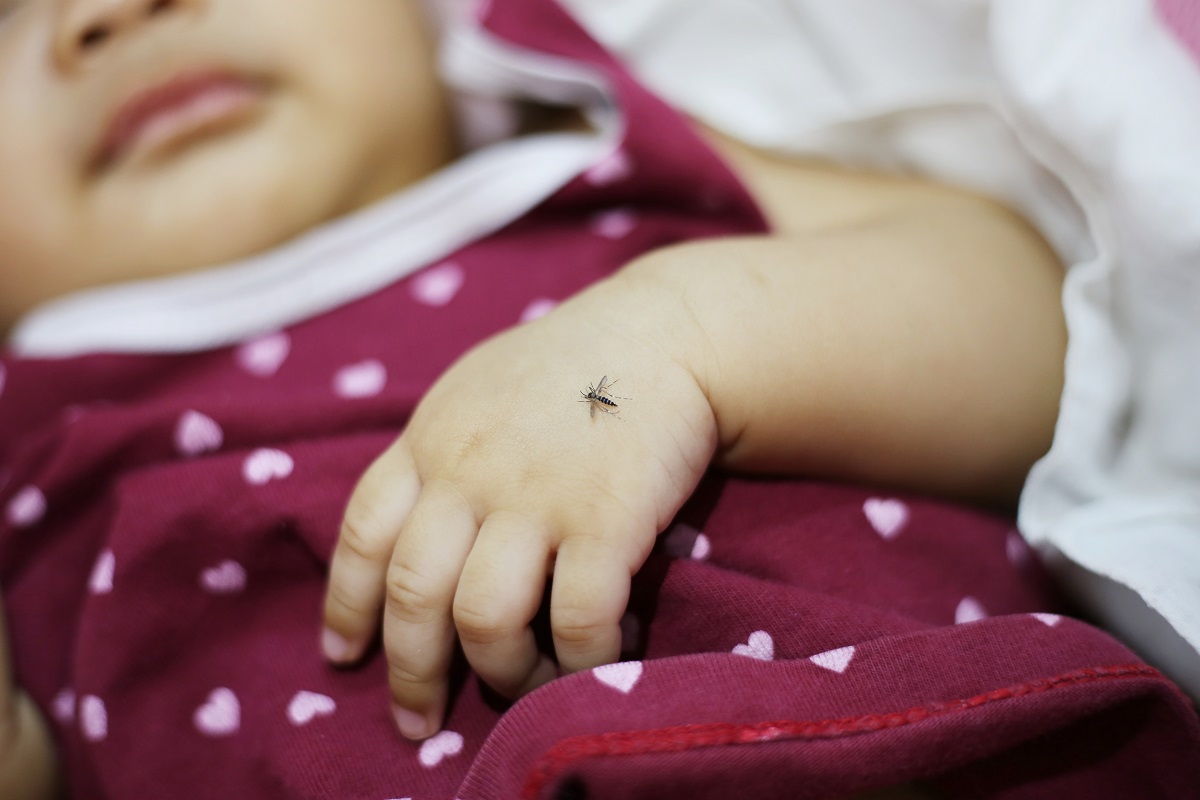
Experts Weigh in on the Eradication of Mosquitoes that Transmit Deadly Diseases
September 28, 2022| |
Mosquitoes are the most dangerous animals, according to experts. Every year, they cause more than 700,000 deaths worldwide by transmitting parasites and diseases like malaria. Malaria alone is responsible for about 80% of mosquito-related fatalities, and most of their victims are children under five who live in Africa.
Humans have been trying to eradicate mosquitoes in hopes of controlling the deaths they bring. In the past, conventional methods like spraying insecticides have worked. DDT application, in particular, was a popular and effective method. After discovering that this is also toxic to other animals and humans, humans replaced it with other insecticides. However, mosquitoes started becoming resistant to them.
To continue to try and solve the problem, scientists have turned to gene editing tools. One of the research projects consists of having female genetically modified (GM) mosquitoes with mouth parts that cannot pierce through the human skin and, thus, cannot serve as a vector of diseases. Only the female mosquitoes bite and transmit malaria.
Other areas of research include the use of gene drive to bias the sex ratio of mosquito populations and reduce female fertility. This way, the chances of the offspring mosquito inheriting the gene modification are significantly increased. If the GM mosquito breeds with a wild mosquito, almost all its offspring will inherit the gene modification. It will spread through the population over time, causing the female mosquitoes to be sterile and potentially reducing the population since the mosquitoes will not be able to breed. So far, controlled laboratory tests have yielded promising results with the complete collapse of the population in just a year.
While the prospect of eradicating such a deadly disease sounds positive, some are concerned that gene drive mosquitoes could spread uncontrollably or lead to the extinction of other species. One of the main issues researchers are trying to understand is the potential impact of eliminating a target mosquito species from an ecosystem, particularly the effects on plants and animals that interact with it.
To further give insights on the matter, Ann Thresher of Stanford University and the McCoy Family Center for Ethics says that new technologies should not be rejected because humans should not play god. She says to take reasonable risks while investigating what can happen along the way when this new technology is finally implemented. But on the other hand, it would also be unwise to jump straight into new technology because this has real risks. A balance between the potential and the risks of any new technology should be carefully considered before using it for the first time.
Watch the video on GM mosquitoes and gene drives released by DW Planet A for more information.
| |
You might also like:
- Africa Continues Fight Against Malaria
- Scientists Develop Gene-Edited Mosquito to Help Eliminate Malaria
- University of California Scientists Create GE Malaria-Blocking Mosquitoes
Biotech Updates is a weekly newsletter of ISAAA, a not-for-profit organization. It is distributed for free to over 22,000 subscribers worldwide to inform them about the key developments in biosciences, especially in biotechnology. Your support will help us in our mission to feed the world with knowledge. You can help by donating as little as $10.
-
See more articles:
-
Gene Drive Supplement (September 28, 2022)
- Gene Drive Consortium Outlines Best Practices in Stakeholder Engagement
- CRISPR-based Method Could Check Crop Pests
- "It's Time to Bite Back Against Mosquitoes"
- Experts Weigh in on the Eradication of Mosquitoes that Transmit Deadly Diseases
- National Biosafety Authorities Should be Responsible for Gene Drive Risk Assessment and Regulation
-
Read the latest: - Biotech Updates (February 11, 2026)
- Gene Editing Supplement (January 28, 2026)
- Gene Drive Supplement (February 22, 2023)
-
Subscribe to BU: - Share
- Tweet

